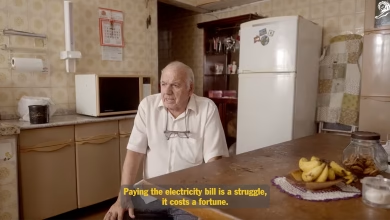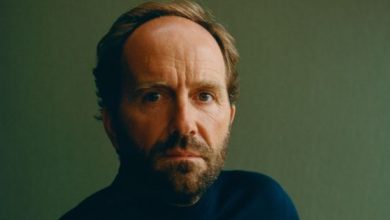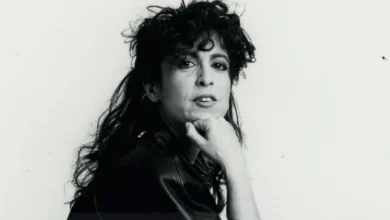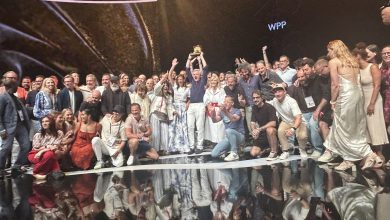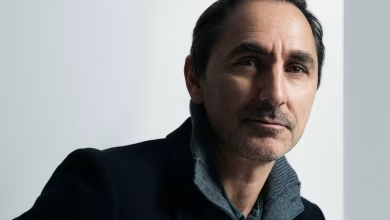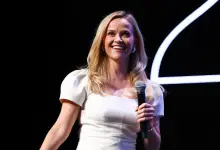Alexandra Jardine: final thoughts on Cannes; entertainment reigns while ads end in basement
It was somehow symbolic of the prominence of old-fashioned creativity at Cannes this year that a talk by Unilever and agency LOLA MullenLowe about Axe’s return to comedic advertising was relegated to the basement stage of the Palais – alongside the children’s creche and the exhibition of the work.
But it also says something about what people want to see at Cannes, as opposed to what Cannes Lions thinks they want to see. In fact the session was packed out and the audience frequently laughed out loud– raucously, rather than politely – as Axe screened its latest ads, including one with a bondage-loving granny who turns off the hot water in her neighbour’s flat so that he’ll come over to hers for a shower.
Axe’s turnaround came about after the brand remembered that its success had originally stemmed from being funny. In the process of trying to move on from its celebrated 90s campaign idea (that women go silly over men who smell of Axe) to be less straightforwardly sexist, it left the humour behind.
“Ultimately, we forgot how to laugh at ourselves,” admitted Unilever global brand director Caroline Gregory. “So, when we stopped laughing at ourselves and young guys stopped talking about us, we became somewhat irrelevant to them.”
Turning back to comedy resulted in an updated campaign from LOLA MullenLowe that put the female characters in control of the narrative and then “dialled the humour up to 11”. Another outrageously fun spot was inspired by 60% of women won’t date men that their cats dislike; the brand created a ‘Catnip’ fragrance and employed Andreas Nilsson to work his quirky magic on an ad featuring a cat-whispering hunk. MullenLowe ECD Tomas Ostigliia says he has just one rule – be funny, and if it’s not funny, don’t do it.
The approach worked and the brand has turned its fortunes around, experiencing double digit growth.
The Axe talk was a good example of what seemed to be largely missing from the larger stages at the Palais this year; a focus on entertaining work from creative agencies.
Instead, the main stages were dominated by celebrity names from the entertainment world; like Jimmy Fallon, Reese Witherspoon, “Brutalist” director Brady Corbet, “This Is Us” writer Dan Fogelman and “Bridgerton and “Grey’s Anatomy” showrunner Shonda Rhimes. Rhimes was somewhat incongruously interviewed by outgoing WPP CEO Mark Read live on the Lumiere stage on Thursday. Last year Read interviewed Elon Musk, so make what you will of that.
(Fun fact; Rhimes started her career at McCann Erickson, where she wrote a script for a Mattel commercial about keeping Ken’s shoes in Barbie’s head as a child, because ‘that’s about all he was good for.”)
In fact, entertainment and branded entertainment players seemed to be everywhere you looked at Cannes, from Disney, with its giant chrome Mickey Mouse sitting atop the foyer of the Martinez, to American streaming service Tubi with its gleaming purple cabana, and the plethora of reality TV stars who popped up along the Croisette (Real Housewives star Bethenny Frankel was among them this year).
Of course, this convergence of branding and Hollywood is indicative of where the future of the industry could lie, particularly now that AI can be deployed in making workaday ads, as entertainment companies continue their investment in the brand space and brands invest in original IP.
Nevertheless, the Axe campaign shows that good old fashioned funny advertising can be both effective and entertaining. It made the audience laugh too – something we need in a scary world — and it would be a shame if Cannes loses sight of that.
 Alexandra Jardine is head of creative strategy at Persuasion Communications. She is the former creativity editor of Ad Age.
Alexandra Jardine is head of creative strategy at Persuasion Communications. She is the former creativity editor of Ad Age.

